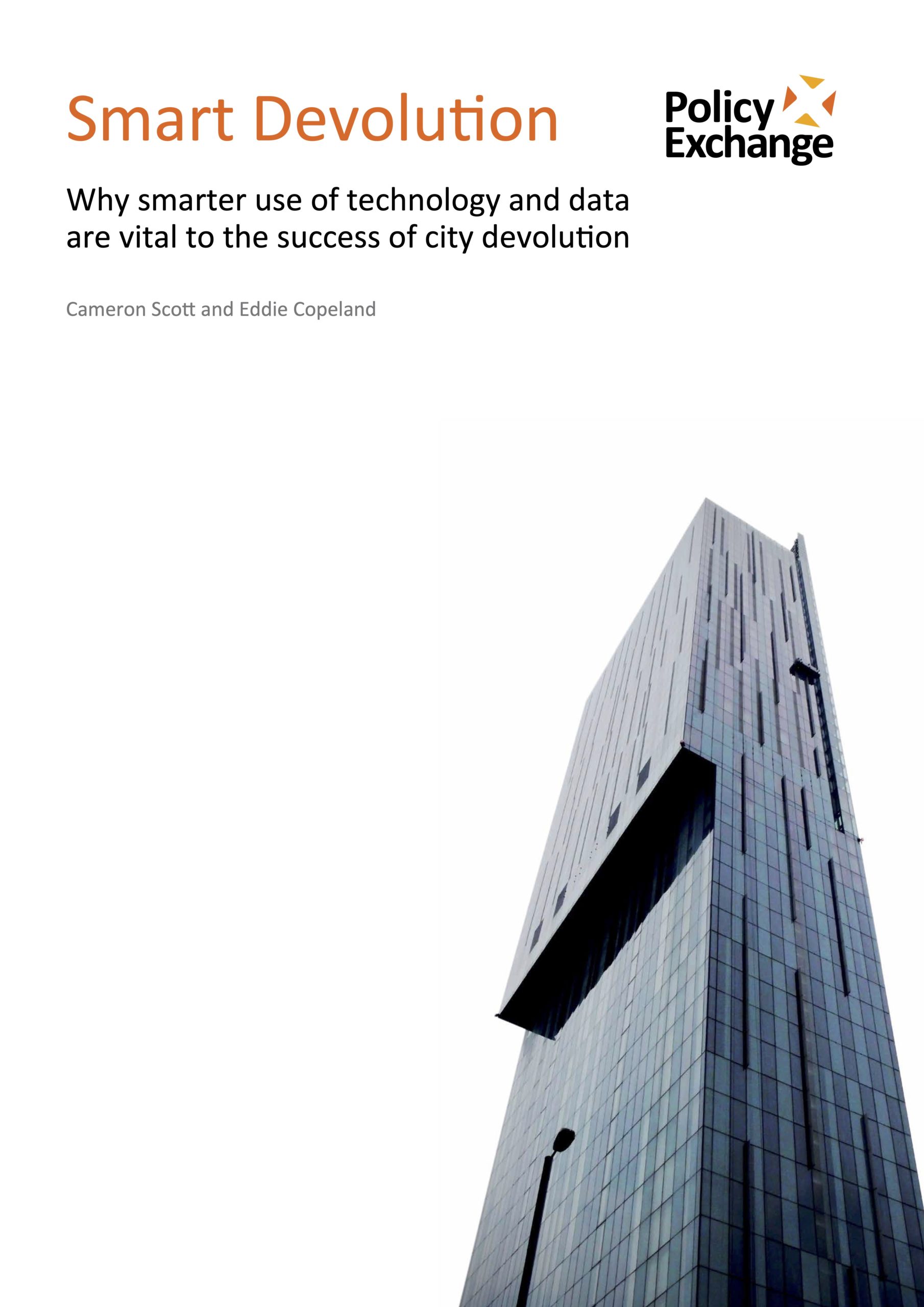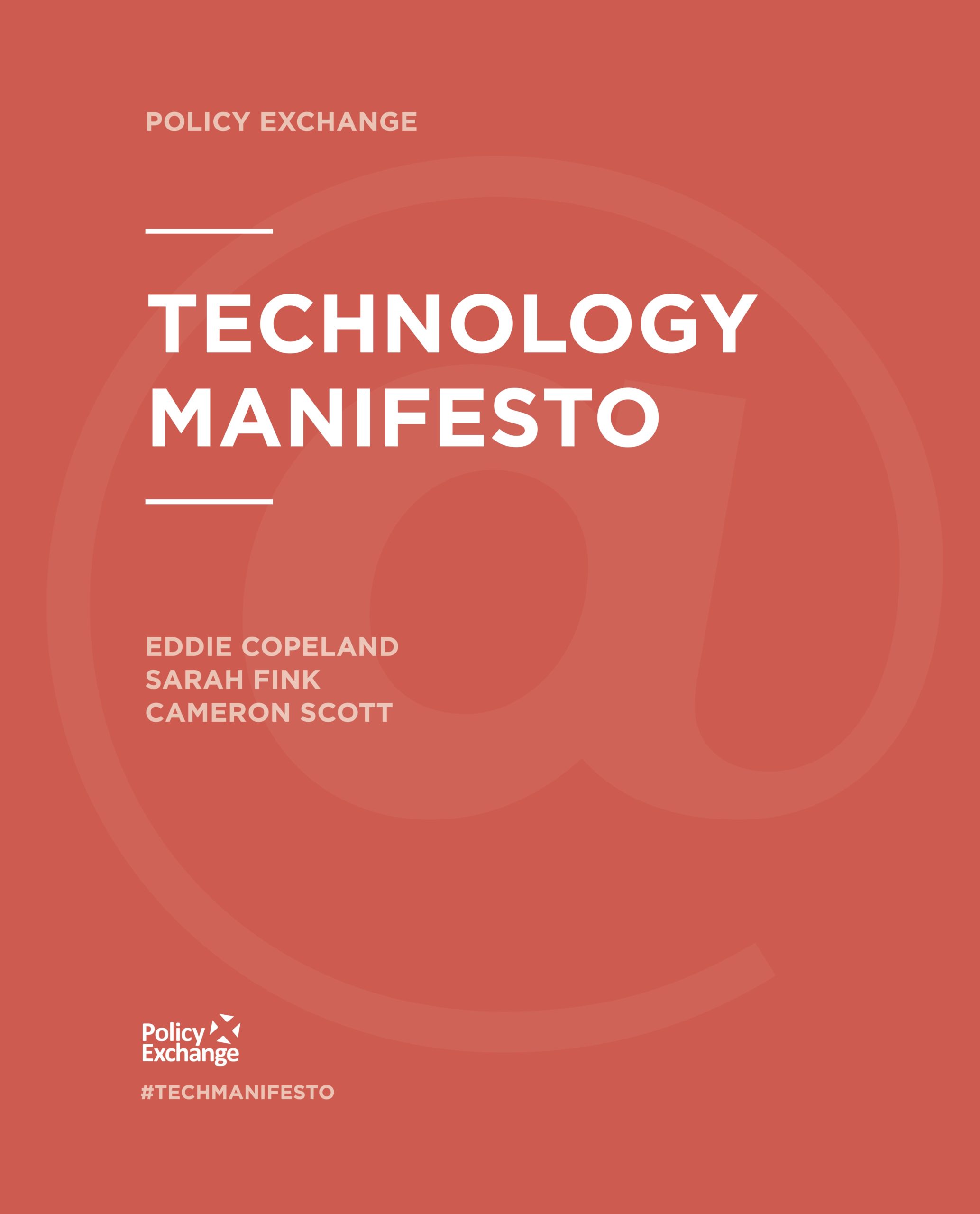Cameron Scott
Research Fellow, Technology Policy Unit, 2012-15
Cameron joined Policy Exchange in November 2012 where he assisted with projects across all units of research, before joining the Technology Policy Unit as a Research Fellow. Cameron graduated with a BA in Political Science from the University of Birmingham, writing his thesis on the role of the internet campaign in US presidential elections. Prior to this, he interned in the campaign office of District of Colombia Shadow Senator Paul Strauss.
Smart Devolution proposes that mayors should be required to set up data offices to create smarter, more productive cities. Learning the lessons from New York, the report examines how most cities could access and utilise the vast quantities of data available, to help improve public services, safety and economic growth.
The technology revolution is failing to reach all parts of Britain. Silicon Cities argues that ‘clusters’ – geographic concentrations of interconnected companies and institutions in a particular field – are the most effective way of boosting the technology sector across the country, and makes a number of recommendations as to how this can be achieved.
Politicians and policymakers must put technology front and centre of their thinking for the 2015 general election. This manifesto sets out three principal goals: to build the world's most connected and digitally skilled society; to make Britain the most attractive place outside of Silicon Valley for technology entrepreneurs to start and grow a business; and to make our government the smartest in the world.
Policy Exchange's Head of Technology Policy Eddie Copeland and Technology Policy Research Fellow Cameron Scott examine the new Sharing Economy Review. They highlight three welcome themes that the Review picks up on that typically receive less attention: trust and identity, public sector benefits and digital/social inclusion.



